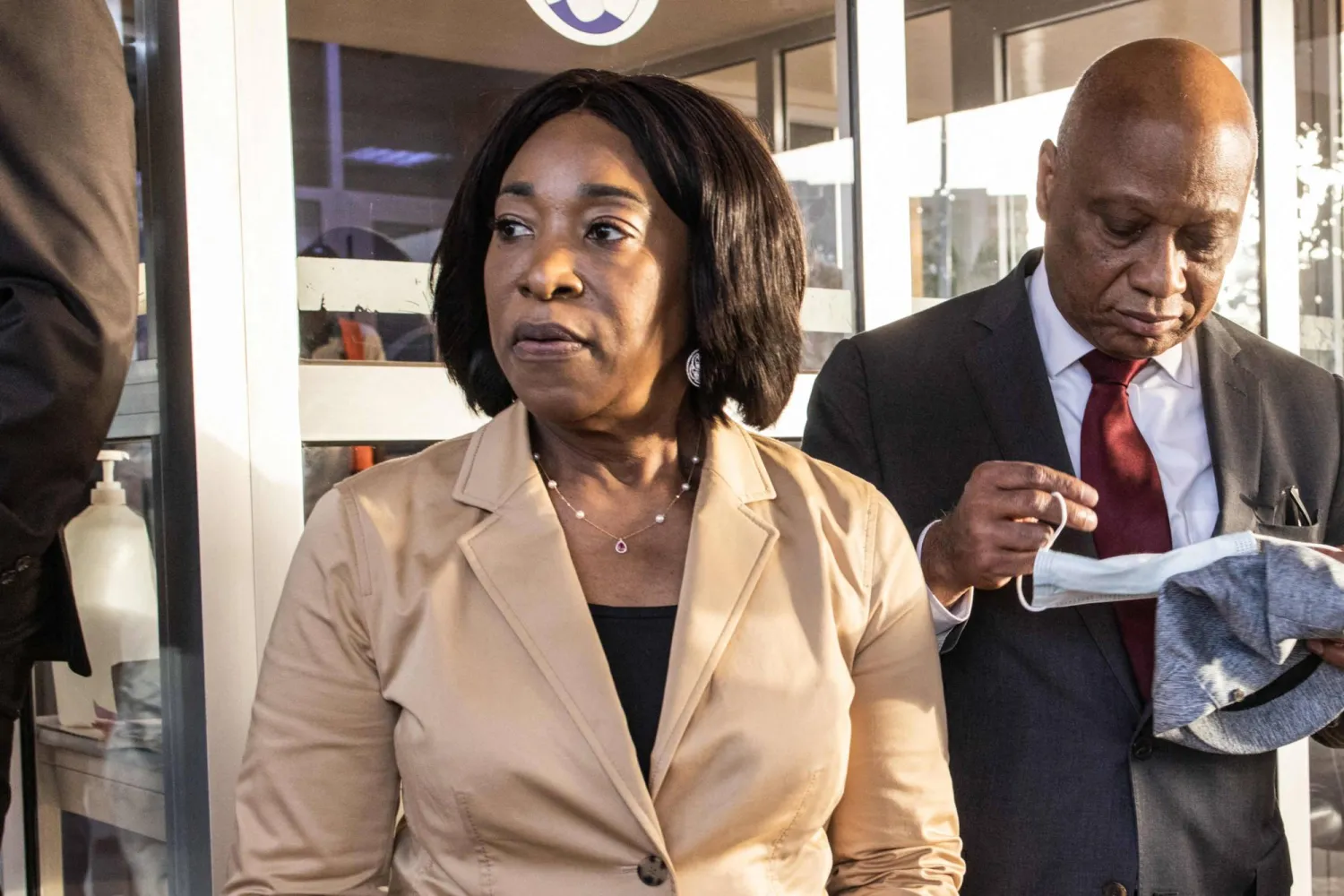Commonwealth members selected Shirley Ayorkor Botchwey as secretary-general of the 56-nation club headed by Britain's King Charles, the Commonwealth said on Saturday, the final day of a summit in Samoa attended by Charles and Queen Camilla.
Representatives of the countries, most with roots in Britain's empire, are attending the Commonwealth Heads of Government Meeting that began in the Pacific Island nation on Monday, with slavery and the threat of climate change emerging as major themes.
"Today at #CHOGM2024, Commonwealth Heads of Government have selected the Hon Shirley Ayorkor Botchwey, currently the Minister for Foreign Affairs and Regional Integration of Ghana, as the incoming Secretary-General of the Commonwealth," the Commonwealth said on X.
Botchwey, a supporter of reparations for transatlantic slavery and colonialism, takes over from Britain's Patricia Scotland, who has been in the job since 2016, Reuters reported.
Earlier on Saturday, Britain's king and queen flew out of Samoa, after a visit in which the monarch acknowledged the Commonwealth's "painful" history, amid a push for former colonial powers to pay reparations for their role in transatlantic slavery.
Charles and Camilla left Samoa about 12 p.m. local time on a Royal Australia Air Force jet, waving farewell as they boarded the plane at Apia's Faleolo International Airport.
Before leaving, the royal pair attended a farewell ceremony at the village of Siumu, which took place in heavy rain.
Charles on Friday said in a speech to the summit that he understood "from listening to people across the Commonwealth how the most painful aspects of our past continue to resonate.”
"It is vital, therefore, that we understand our history, to guide us towards making the right choices in future," he said.
The push for ex-colonial powers such as Britain to pay reparations or make other amends for slavery and its legacies today has gained momentum worldwide, particularly among the Caribbean Community (CARICOM) and the African Union.
Those opposed to reparations say countries should not be held responsible for historical wrongs, while those in support say the legacy of slavery has led to vast and persistent racial inequality.
British Prime Minister Keir Starmer, who is at the summit, has rejected calls for reparations and ruled out apologizing for the country's historic role.
The King and Queen's time in Samoa followed a six-day tour of Australia, where a large crowd turned out to see the royal couple at the Sydney Opera House. Charles also met with Indigenous elders in Sydney, after being heckled by an Indigenous senator in Canberra.
Commonwealth Selects Shirley Ayorkor Botchwey as New Secretary-general

(FILES) A file photo taken on January 31, 2024 shows Ghana's minister for foreign affairs Shirley Ayorkor Botchwey (L) and President of the Economic Community of West African States (ECOWAS), Jean-Claude Kassi Brou (R)in Ouagadougou. (Photo by John WESSELS / AFP)

Commonwealth Selects Shirley Ayorkor Botchwey as New Secretary-general

(FILES) A file photo taken on January 31, 2024 shows Ghana's minister for foreign affairs Shirley Ayorkor Botchwey (L) and President of the Economic Community of West African States (ECOWAS), Jean-Claude Kassi Brou (R)in Ouagadougou. (Photo by John WESSELS / AFP)
لم تشترك بعد
انشئ حساباً خاصاً بك لتحصل على أخبار مخصصة لك ولتتمتع بخاصية حفظ المقالات وتتلقى نشراتنا البريدية المتنوعة







